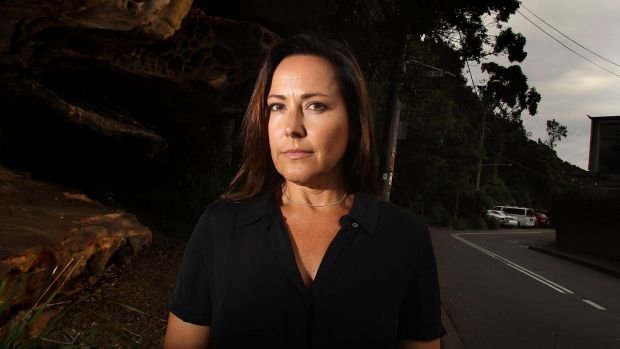Elroo
Premiership Player
- Jul 2, 2014
- 3,993
- 6,808
- AFL Club
- North Melbourne
As I recall there was also an education and health (or maybe it was hospitals fund) and the Rudd/Swan government cleaned them both out.
Did they you mental midget?
It's not that hard to actually look at the FF page and see they still exist!
http://www.futurefund.gov.au/
Facts at a glance
$118.40 billion
Future Fund at 31 December 2015
$3.71 billion
Education Investment Fund at 31 December 2015
$3.65 billion
Building Australia Fund at 31 December 2015
$4.29 billion
DisabilityCare Australia Fund at 31 December 2015
$3.14 billion
Medical Research Future Fund at 31 December 2015





